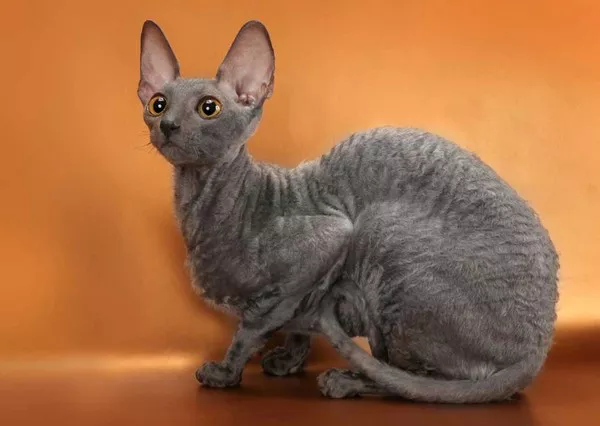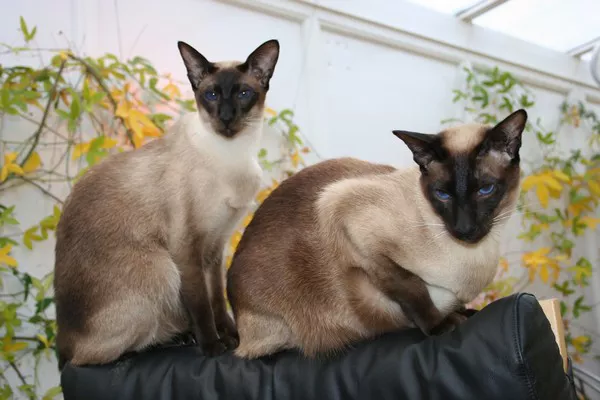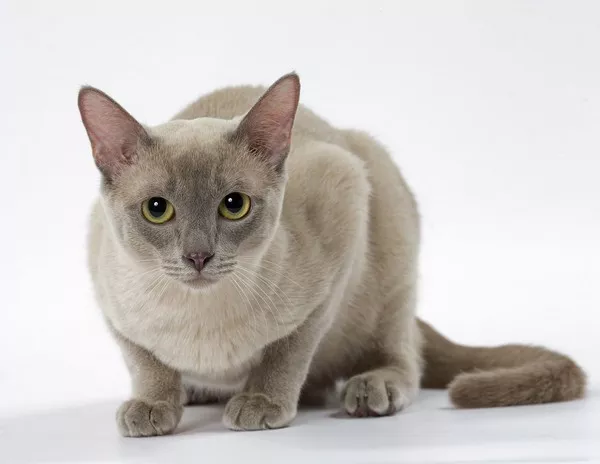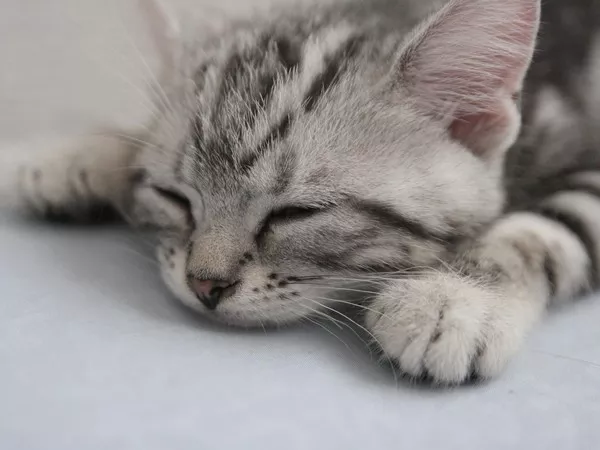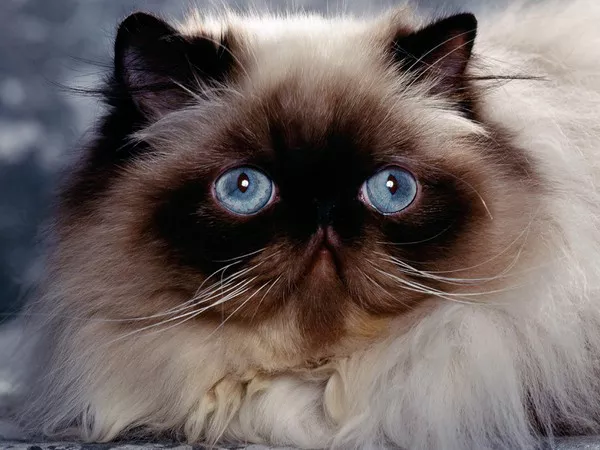The Cornish Rex is a distinctive and elegant cat breed known for its curly coat, slender physique, and affectionate personality. As a unique and active breed, the Cornish Rex requires a balanced and nutritious diet to maintain its health and vitality. In this article, we will explore the dietary needs of the Cornish Rex, discussing the best food options to keep these charming felines happy and thriving.
Understanding the Cornish Rex’s Dietary Needs
Before diving into specific food choices, it is crucial to understand the dietary needs of the Cornish Rex. Like all cats, the Cornish Rex is an obligate carnivore, meaning their diet should primarily consist of animal-based proteins. These felines have high energy levels, and their metabolism tends to be more active compared to other cat breeds. As a result, they need a diet that supports their active lifestyle and provides essential nutrients for their overall well-being.
High-Quality Protein
Protein is a fundamental component of a Cornish Rex’s diet. Aim to feed them high-quality, animal-based protein sources, such as chicken, turkey, or fish. Protein provides the essential amino acids needed for muscle maintenance, energy production, and various biological processes.
Moderated Fat Content
While the Cornish Rex is an active breed, it is essential to provide them with a balanced amount of fat. Fat is a concentrated source of energy and is crucial for healthy skin and coat. However, excessive fat intake can lead to obesity, a condition that Cornish Rex cats may be more prone to due to their metabolism. Choose cat foods with moderate fat content to support their energy needs without overloading on calories.
Limited Carbohydrates
As obligate carnivores, Cornish Rex cats do not have a biological requirement for carbohydrates. While some carbohydrates are present in many cat foods, opt for diets that have limited or no grains and focus on meat-based protein sources instead. A low-carbohydrate diet can help prevent weight gain and promote overall health in these active felines.
Essential Vitamins and Minerals
Ensure that the Cornish Rex’s diet includes essential vitamins and minerals, such as taurine, vitamin A, and omega-3 fatty acids. Taurine is a critical amino acid for cats, essential for heart health and proper vision. Vitamin A supports eye health, and omega-3 fatty acids contribute to a healthy coat and skin.
Hydration is Key
Cornish Rex cats, like all felines, have a low thirst drive, making them prone to dehydration. Encourage hydration by providing fresh water at all times and consider adding wet food to their diet. Wet food contains a higher moisture content, helping to ensure your Cornish Rex remains adequately hydrated.
Avoid Harmful Ingredients
When selecting cat food for your Cornish Rex, be mindful of harmful ingredients such as artificial preservatives, colors, and fillers. Opt for foods that are free from artificial additives and focus on natural, wholesome ingredients.
Commercial Cat Food vs. Homemade Diets
Commercial cat foods formulated for all life stages or specifically for active cats are generally suitable for the Cornish Rex. These foods are designed to meet their nutritional needs adequately. However, if you prefer to prepare homemade cat food, consult with a veterinary nutritionist to ensure that your recipe meets all the essential nutrient requirements.
Transitioning to a New Diet
When introducing a new food to your Cornish Rex, do so gradually to avoid digestive upset. Start by mixing a small amount of the new food with their current diet and gradually increase the proportion of the new food over a period of 7 to 10 days.
Regular Feeding Schedule
Establish a consistent feeding schedule for your Cornish Rex to maintain a healthy routine. Cats generally prefer multiple small meals throughout the day, so dividing their daily portion into two or three meals is ideal.
Conclusion
The Cornish Rex is a unique and delightful cat breed that requires a well-balanced and nutritious diet to support their active lifestyle and overall health. High-quality protein, limited carbohydrates, and essential vitamins and minerals are key components of a Cornish Rex’s diet. Opt for commercial cat foods formulated for active cats or consult with a veterinary nutritionist for homemade diets to ensure your feline companion receives the best possible nutrition. Remember to monitor their weight and adjust their feeding portions accordingly to maintain a healthy body condition. Providing the right diet for your Cornish Rex will contribute to their happiness, well-being, and long, fulfilling life as your cherished feline companion.

